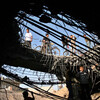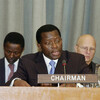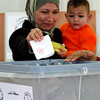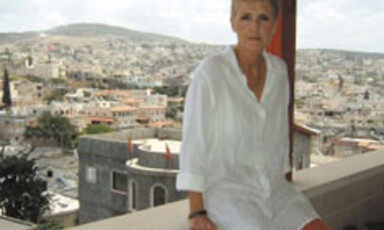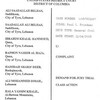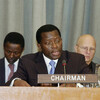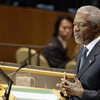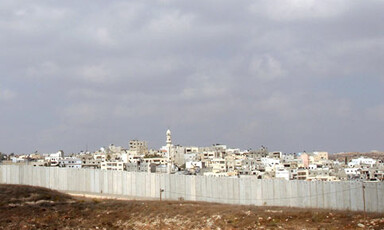
Breaking Down the Wall
19 December 2005
It is estimated that Israel’s Annexation Wall will be completed in the early part of 2006. When it is finished it will annex 47% of the West Bank, and hand it over to the settler population. At least 15% of Palestinians will be left outside the wall1, completely isolated from the rest of society, and over 222,098 refugees for the second or third times will experience, “land confiscation, destruction of property, and denial of access to their lands thus directly affecting their means of livelihood”2. In the end, it is not an over exaggeration to say that the entire Palestinian society will directly suffer by its completion, in addition to the seemingly unstoppable illegal Israeli practices that continue unhindered. Read more about Breaking Down the Wall

